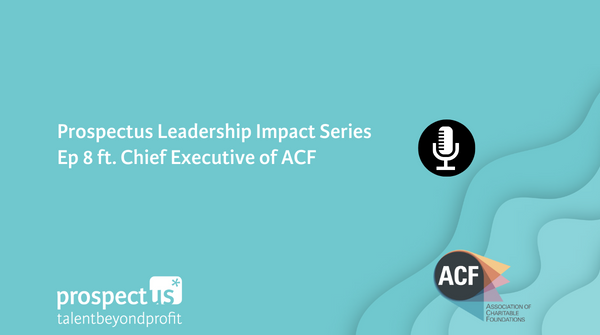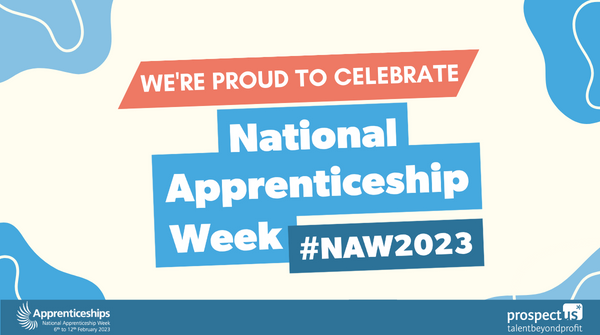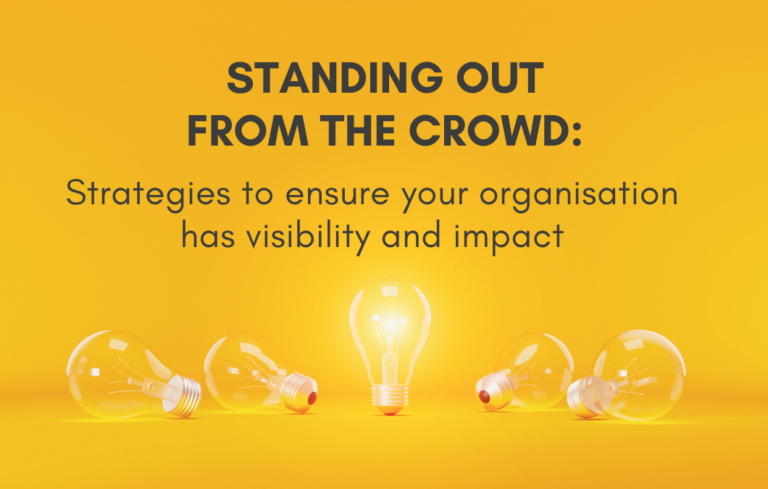Candidate Motivations and Expectations Survey Results
As recruiters, we are having more conversations about expectations between candidates and hiring managers than ever before. We occupy a privileged (but often challenging!) position of brokering between the two parties.
Sometimes these conversations can be challenging with the perceptions of hiring managers out of kilter with candidate expectations, particularly around flexible working, salary levels and reasons for moving into a new role. This is all against the backdrop of the world of work in 2022 alongside COVID, rising inflation and the impact on the cost of living.
We wanted to build a deeper understanding and give the not-for-profit sector a granular insight into candidate motivations, which will support good conversations with hiring managers about the value of flexible working, perceptions about salary levels and other areas. Our survey was shared across our networks and social media over 4 weeks.
We were thrilled to receive 390 responses and have broken down some of the key findings below. Thank you to everyone that completed the survey and offered feedback on ways we could improve it for the future.
Survey highlights
We asked: What would be the main factor in your decision to move into your next role?
Across all respondents salary level came in as the most important closely followed by flexible working.
The financial sustainability of an organisation came in as most important for 9.95% of respondents but there was a direct increase in importance as we moved from seniority levels, moving from 5% at Officer level through to 24% at Chief Executive level which was actually on a par with salary for that group.
Across all respondents
What would be the main factor in your decision to move into your next role?

What does this mean?
What a candidate is likely to value most in their job search will vary according to seniority. If you are writing advert copy for more senior roles you may want to consider how you emphasize the funding and stability of your organisation – that could be the difference between a candidate choosing to apply or not.
We asked: What are your expectations for the amount of time you should spend in the office rather than working remotely?
Only 15% of respondents would expect to be in the office between 100% – 80% of their working time with the remainder happy to consider up to 60% of the time.
The overall preference was for 40% of the time, which would average 2 days per week on a 5 day working week, with just over 29% of respondents making this their top preference.
Within income generation – over 60% of respondents expected to be in the office between 20% to 40% of their working time. Finance was the front runner on wanting to spend more time at home with 53% opting for 20% of their working time.
There was little difference across seniority or sector.
Across all respondents
What are your expectations for the amount of time you should spend in the office rather than working remotely?

What does this mean?
Flexible working is here to stay. As the second most important factor for respondents when looking for a new role and with the majority of the respondents selecting 40% as their expectations, this should be taken into consideration throughout your recruitment.
We have plenty more to share from the survey, which you can view in the full report below.
The stories behind the numbers
Candidate 1
“I have a disability, which means I have flexible and part-time working needs. However, I also need to earn enough to live. I find the charity sector makes those things incompatible. For example, salary and seniority seem to be inaccessible with what (to me) are reasonable requests for adjustments to flexible and part-time working.”
| Role Type | Sector | Seniority | Salary expectations | Office expectations | Key career move factor |
| Operational | Frontline | Head of | £30,000 – £39,999 | 40% of the time in the office | Flexible working opportunities |
Candidate 2
“Hybrid is an essential part of the mix – particularly in ensuring diversity in recruitment and opportunities for all (eg working mums etc)”
| Role Type | Sector | Seniority | Salary expectations | Office expectations | Key career move factor |
| Grant Making | Trust and Foundations | Director | £80,000 – £89,999 | 60% of the time in the office | Flexible working opportunities |
Candidate 3
“Diversity is extremely important to me. If the board and management are mostly white males, I will not consider the role.”
| Role Type | Sector | Seniority | Salary expectations | Office expectations | Key career move factor |
| Marketing and Communications | International Development | Director | £70,000 – £79,999 | 60% of the time in the office | Financial sustainability of the organisation |
Candidate 4
“I really appreciate this survey and Prospectus opening up the dialogue. As both a hiring manager and someone who, of course, looks for roles and is hired, the expectation gap is wide. I think universities, my specific sector, have to understand that London is an extremely expensive place to live, and yet they want people in 3 days a week minimum. If flexibility is encouraged people can live in the (slightly) cheaper outskirts and not worry about, in my case a bicycle, commute which wastes time and mental energy. I also accept there are issues working from home, not just technical, but productivity however ultimately that is what performance management is for and in all honesty, I have managed team members who were lazy, uninterested in training or progression and spent time in the office doing non-work related things pre covid. I also think there needs to be an acknowledgement that many staff are single which really increases the need for a salary that is aligned with London rents. A brief look at On the Market or Open Rent would suffice to understand that below £40,000 will, sadly, not allow for a 1-bed flat.”
| Role Type | Sector | Seniority | Salary expectations | Office expectations | Key career move factor |
| Policy | Education | Head of | £40,000 – £49,999 | 20% of the time in the office | Flexible working opportunities |
Candidate 5
“I’m the (soon to be single) parent of a disabled child. I’m more experienced than the role I have but need to downsize for flexibility. There are loads of really talented people who are carers who need to scale down and can deliver amazing work if the flexibility was on offer. The pandemic did us all a massive favour to introduce this hybrid method of working as the rule, not the exception. More please!!”
| Role Type | Sector | Seniority | Salary expectations | Office expectations | Key career move factor |
| Marketing and Communications | Education | Officer | £30,000 – £39,999 | 40% of the time in the office | Flexible working opportunities |
We hope our survey has given you an insight into what is important to candidates right now. If you would like any advice or a general conversation with our recruiters, do get in touch, we would be happy to help.







